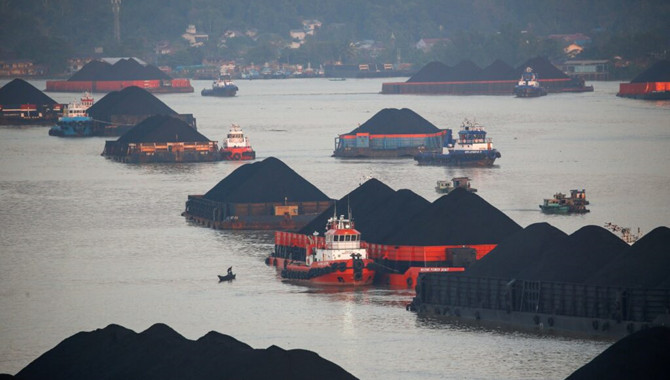
The unprecedented move by the world's biggest thermal coal exporter has fuelled uncertainty in the seaborne market as the decision will block shipments to key consumers such as China ahead of the peak winter demand season, even with deals already concluded to secure prompt cargoes. The step could infuse another round of price volatility after spot prices more than halved after hitting multi-year highs in late October 2021.
Argus assessed GAR 4,200 kcal/kg (NAR 3,800 kcal/kg) coal at a historical high of $154.21/t on 22 October 2021 after a historical low of $22.40/t on 11 September 2020. The market was last assessed at $60.41/t fob Kalimantan on 31 December.
The decision to ban exports follows calls by authorities in recent weeks to coal producers to meet their domestic market obligations (DMO), under which suppliers have to dispatch at least 25pc of their output to the domestic market. The export ban comes as a number of utilities are said to be holding barely four days of coal stocks after heavy rain in parts of Indonesia's key Kalimantan producing region also curbed output.
The supply of coal to domestic utilities is currently critical and very low and could have an impact on the national electricity system, Indonesia's energy ministry (ESDM) said late on 31 December. Thermal coal that has already been loaded onto ships or is lying at loading ports should be diverted to utilities, it said.
The decision could also hamper Indonesia's plans to boost output this year. Last month, the ESDM forecast that coal producers could raise output to 637mn-664mn t in 2022, based on preliminary discussions with coal mining companies and other industry stakeholders. The country's coal production target for 2021 was set at 625mn t. But cumulative output last year is estimated at 611.42mn t, according to ESDM data.
The suspension of coal exports will be evaluated and reviewed on realisation of supplies to state-controlled utility PLN and its subsidiaries and other independent power producers in the country, the ESDM said.
In August 2021, Indonesia announced plans to tighten regulations for coal mining firms that fail to meet their DMO, including potentially banning producers from exporting coal.
Coal miners call for reforms
The coal mining industry has described the decision as not appropriate as it could disrupt 38mn-40mn t in monthly coal production and affect the cash flow of producers, the Indonesian coal mining association (APBI) said.
A number of Indonesian coal suppliers have already declared force majeure citing the ban. The decision will also affect shippers as they could incur $20,000-40,000/day in demurrage costs, while the government could face about $3bn/month in foreign exchange losses on top of losses in royalty and other revenues, the APBI said.
The APBI is calling on Jakarta to find ways to address the underlying issues of the domestic coal market following the move to halt exports for the month. The export ban is only a stopgap solution that does not fix the structural problems that led to the supply shortage, it said.
The APBI has suggested that the government addresses the underlying issues by taking firm action against suppliers who fail to fulfill their contractual requirements, including under the DMO. A stricter DMO monitoring system should be implemented, with local sales being updated quarterly on a regular basis, the APBI said.
The amount of coal supplied under the DMO should also be adjusted based on actual domestic needs, it said. Since its implementation, the DMO quota has always been pegged at 25pc of the national production target but the APBI said a fixed percentage does not fully reflect the country's domestic needs.
Coal sales to Indonesia's domestic market should also be made less financially burdensome to coal mining companies, the APBI said. This could be done by making the quota transfer system available for use without any transfer fees as well as having domestic sale prices that better reflect the actual prices of coal in the international market, it said.
Source: Argus
The opinions expressed herein are the author's and not necessarily those of The Xinde Marine News.
Please Contact Us at:
media@xindemarine.com


 PIL launches Academy to strengthen workforce compet
PIL launches Academy to strengthen workforce compet 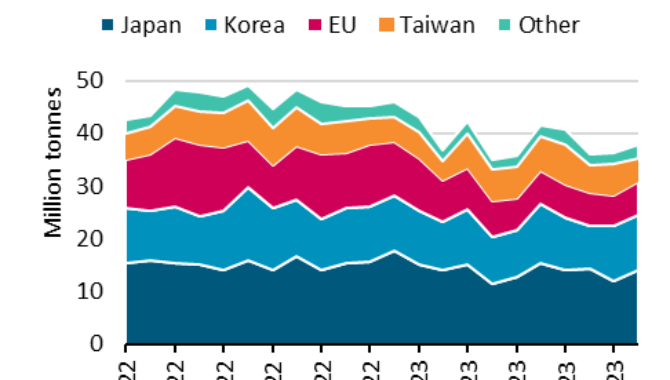 Coal shipments to advanced economies down 17% so fa
Coal shipments to advanced economies down 17% so fa 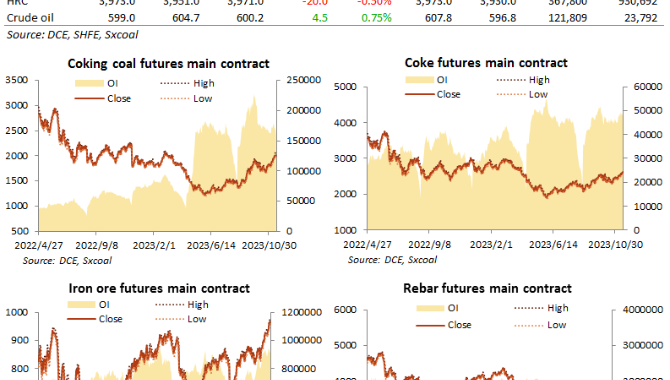 China futures market updates at close (Nov 14)
China futures market updates at close (Nov 14) 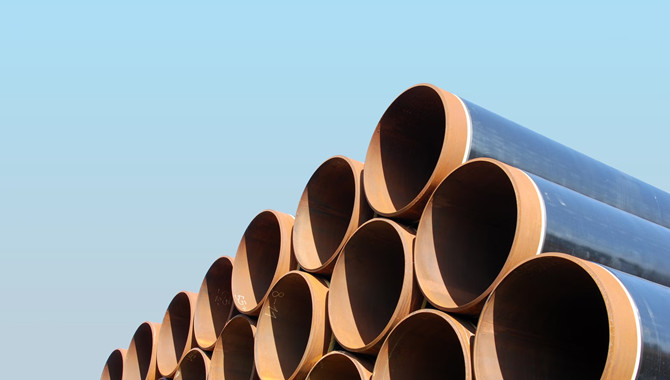 CISA: China's daily crude steel output down 5.7% in
CISA: China's daily crude steel output down 5.7% in 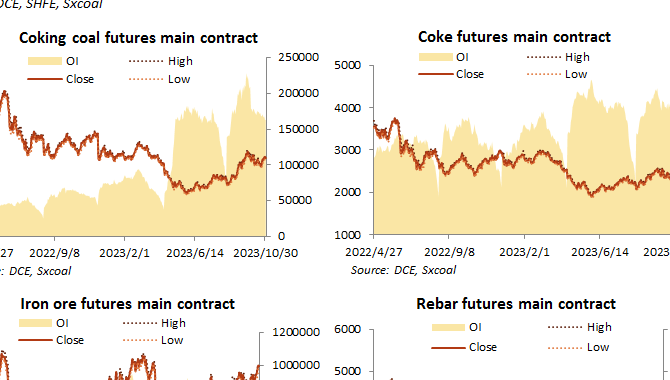 China futures market updates at close (Oct 31)
China futures market updates at close (Oct 31) 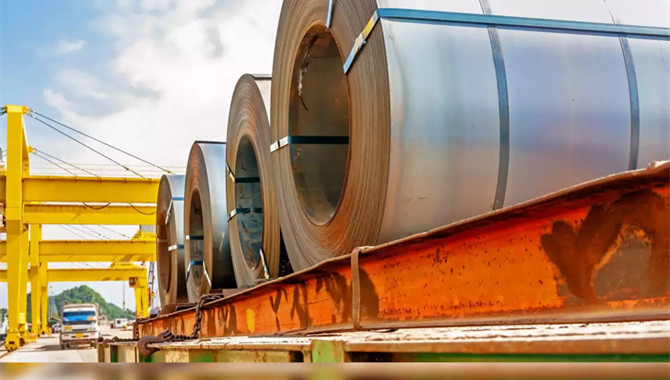 CISA: China's daily crude steel output down 1.2% in
CISA: China's daily crude steel output down 1.2% in